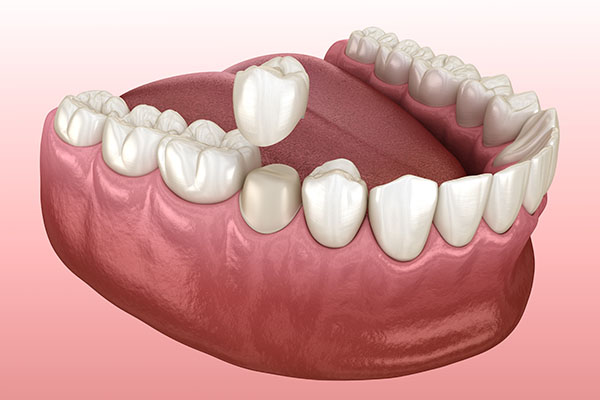Oral Surgery for Your Jaw

Oral surgery is used to treat oral problems that cannot be resolved with more conservative treatment. The extraction of partially erupted wisdom teeth falls under the umbrella of oral surgery. So does the placement of dental implants.
Then there are the types of oral surgery that dentists use to correct injuries, defects and disorders of the jaw. These are referred to as orthognathic surgery.
What is oral surgery for the jaw?
This is a subcategory of oral surgery that targets different aspects of the jaw. There are types of jaw surgery that target the joints that connect the upper and lower jaw. Other procedures reshape or resize the jaws to correct a deformity. A third, more common category of jaw surgery treats trauma and other types of injury to the jaw.
Jaw surgery usually takes place on an outpatient basis, though there are cases that require the patient to spend a night or two in a hospital setting.
By listing different types of jaw surgery and their uses, it is easy to see the benefits of these procedures.
Benefits and end goals of jaw surgery
A dentist will only recommend jaw surgery when no other options will help an individual towards optimal oral health. They will recommend oral surgery to:
- Treat severe TMJ disorders and the pain that they cause
- Reshape a malformed jaw
- Increase the bone mass of an underdeveloped jaw
- Pave the way for orthodontic treatment
- Graft bone onto a jaw in preparation for dental implant surgery
- Reposition the lower alveolar nerve in preparation for a bone graft or dental implant surgery
- Lift the sinus floor in the upper jaw, in preparation for dental implant surgery
- Place dental implants and the dental restorations that rest on them
- Extract impacted wisdom teeth embedded in the jawbone
- Treat breakage and fractures of the jawbone
Each of these procedures enhances the oral health of the patient. They only come into play where conservative treatments cannot get the job done. This means that a good candidate for corrective jaw surgery should have at least one of the conditions listed above.
What to expect from jaw surgery
Before a dentist clears their patient for oral surgery, they will ensure the patient is healthy enough to get through the procedure with minimal risk of complications.
If the patient has an underlying condition, the dentist will take extra measures to ensure that the surgery goes smoothly. They will take care to minimize the risk of excessive blood loss, infection and adverse interaction between medications or the anesthetic.
Innovations in the field of oral surgery allow dentists to choose minimally invasive techniques for corrective jaw surgery. This allows a surgeon to perform most orthognathic surgeries under local anesthesia. An added advantage of minimally invasive jaw surgery is that recovery time only involves a few days of bed rest and a few weeks of limited activity.
Ensure great results from your jaw surgery
You can do this by engaging the services of our dentist, who has years of experience in handling corrective jaw surgery. By guiding you through every step of your oral surgery, our dentist will make sure that you get the best possible outcome from your treatment. Join the list of our satisfied patients by giving us a call today.
Request an appointment here: https://alexoldtowndental.com or call Alexandria Old Town Dental at (703) 763-1078 for an appointment in our Alexandria office.
Check out what others are saying about our services on Yelp: Read our Yelp reviews.
Related Posts
A tooth extraction is much less intimidating once you know what to expect, how to prepare, and what to do after. It is a fairly common procedure that a dentist will recommend to ease pain and protect oral health. Still, it is normal to be nervous if you have never had a tooth extraction. Here…
Considering a smile makeover and not sure where to start? Read on to learn more. Many people avoid smiling due to dental imperfections. A smile makeover may be the answer. A dentist can improve your smile with cosmetic procedures like teeth whitening, bonding, and veneers. The right professional for the treatment is the key to…
It is all too common to avoid dental cleanings until a tooth begins to ache. Or maybe you decided to get ahead of any dental issues, but years have passed due to a lapse in insurance, a lack of time, anxiety, or something else. Whatever it is, there is no need to feel nervous, awkward,…
Dental bridges are a solution to bridge the gap in one's teeth. Every smile tells a story, and you want to be sure that yours is the right representation for your life. Like any masterpiece, no two smiles are exactly the same, and we want to be sure that your smile is one you can…


